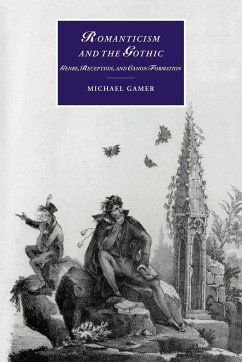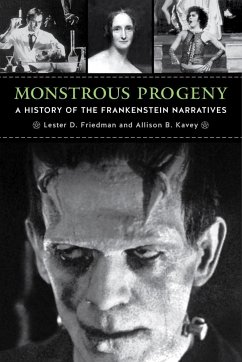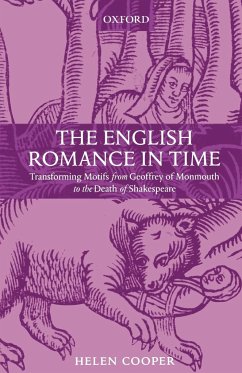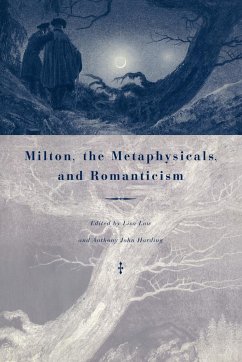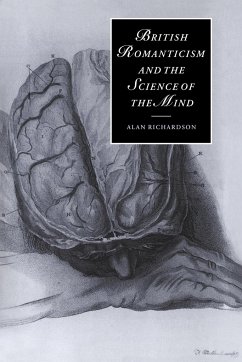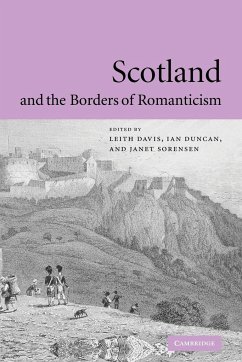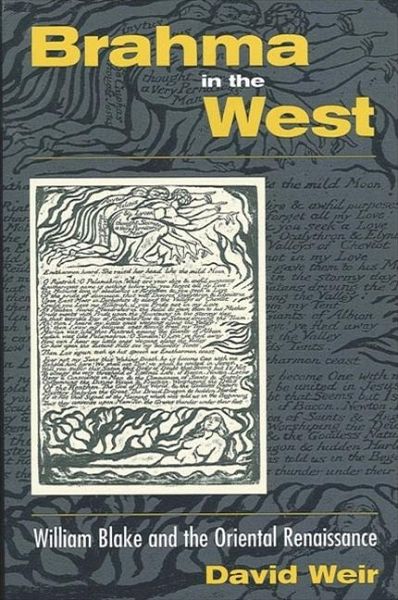
Brahma in the West
William Blake and the Oriental Renaissance
Versandkostenfrei!
Versandfertig in über 4 Wochen
32,99 €
inkl. MwSt.

PAYBACK Punkte
16 °P sammeln!
Argues that the myths and ideals of William Blake's poetry were heavily influenced by the Oriental Renaissance--the British discovery of Hindu literature. Examining William Blake's poetry in relation to the mythographic tradition of the eighteenth century and emphasizing the British discovery of Hindu literature, David Weir argues that Blake's mythic system springs from the same rich historical context that produced the Oriental Renaissance. That context includes republican politics and dissenting theology-two interrelated developments that help elucidate many of the obscurities of Blake's poe...
Argues that the myths and ideals of William Blake's poetry were heavily influenced by the Oriental Renaissance--the British discovery of Hindu literature. Examining William Blake's poetry in relation to the mythographic tradition of the eighteenth century and emphasizing the British discovery of Hindu literature, David Weir argues that Blake's mythic system springs from the same rich historical context that produced the Oriental Renaissance. That context includes republican politics and dissenting theology-two interrelated developments that help elucidate many of the obscurities of Blake's poetry and explain much of its intellectual energy. Weir shows how Blake's poetic career underwent a profound development as a result of his exposure to Hindu mythology. By combining mythographic insight with republican politics and Protestant dissent, Blake devised a poetic system that opposed the powers of Church and King.






